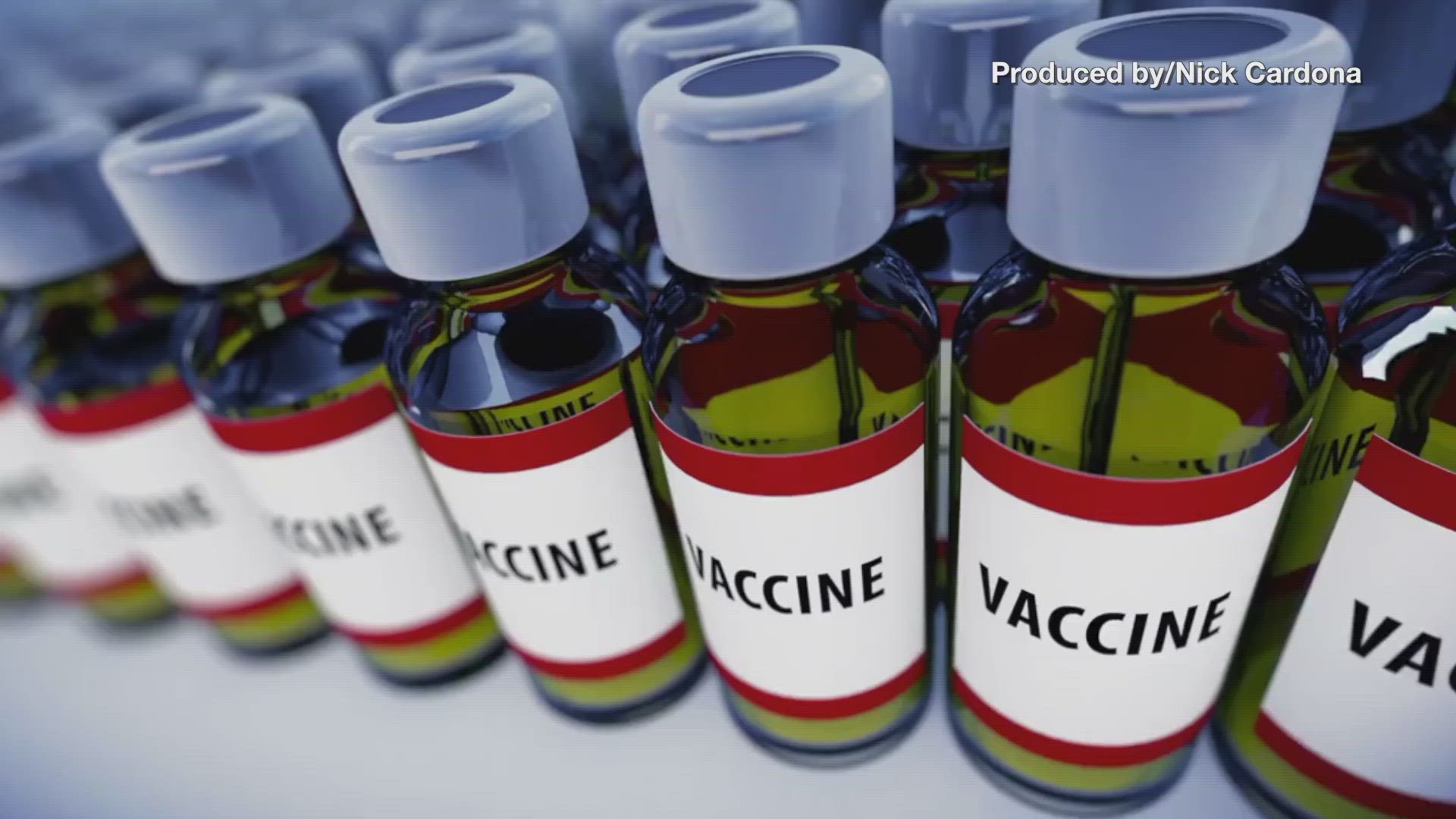Search Results
Web results
beging quote from:
1 day ago - Fauci said scientists should know by November or December if the vaccine works
May 4, 2020 - ... meet -- is to make 100 million doses of the vaccine available by November, 200 million doses by December and 300 million doses by January, ... Dr. Anthony Fauci, the nation's top infectious disease expert, has suggested ...
16 hours ago - The United States should have 100 million doses of one candidate ... by November or December to determine if the vaccine works, Fauci said.
Report: Fauci says US should have 100 million coronavirus vaccine doses by year's end
The White House task force member said one vaccine should enter the final stage of volunteer trials early next month.
The U.S. should have 100 million doses of a coronavirus vaccine by the end of the year. That's what Dr. Anthony Fauci, a member of the White House coronavirus task force, said Tuesday according to CNN. He added that he hopes the U.S. will have 200 million doses by early 2021.
Fauci, the director of the National Institute of Allergy and Infectious Diseases, was taking part in a question and answer session with the Journal of the American Medical Association.
CNN reports Fauci said a vaccine candidate made by Moderna should enter the final stage (Phase III) of volunteer trials by the first week of July. That will involve 30,000 people. Fauci said it would include the "entire spectrum" of adults, including the elderly and those with underlying health conditions.
“The real business end of this all will be the Phase III that starts in the first week of July, hopefully, “ Fauci said. “We want to get as many datapoints as we can.”
Fauci said scientists should know by November or December if the vaccine works.
Fauci also said he is cautiously optimistic about other vaccine trials that are underway.
Whether Americans will jump to take that vaccine is another story. An Associated Press-NORC Center for Public Affairs Research poll last week found 49% said they would definitely get vaccinated while 31% were not sure and 20% said they would not.
The main reason that 20% said they would not: Safety. 7-in-10 of the "no" respondents are concerned about side effects. Forty-two percent fear the vaccine will actually give them the coronavirus. Less than half said they didn't think they would get seriously ill from the virus if they caught it or said they outbreak isn't as serious as some say it is.
The vast majority of those who would get the vaccine said they would do so to protect themselves, their family, their community and to feel safe around other people. Seventy-two percent said life will not go back to normal until most people are vaccinated.
The majority of coronavirus cases cause mild to moderate symptoms that clear up in two to three weeks. But for some, especially older adults and people with existing health problems, it can cause more severe illness and death.
The Associated Press contributed to this report.


No comments:
Post a Comment